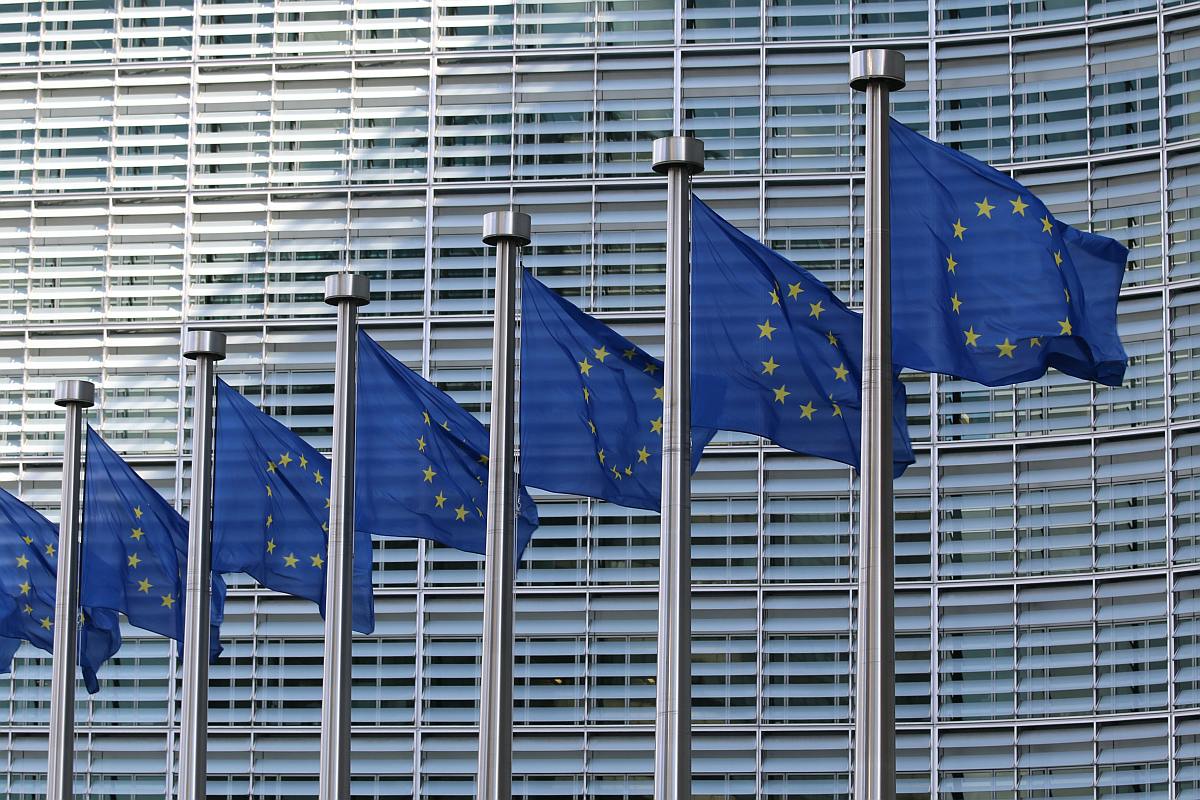The European Union (EU) is among the first regions of the world that has drafted, finalized, and deployed a comprehensive set of regulations to oversee the crypto sector in the region. Under the EU's MiCA laws, which went into effect in December 2024, crypto service providers have been given clear instructions on how to conduct their businesses. Now, EU policymakers have directed firms to not engage with stablecoins that are not officially compliant with the bloc's MiCA guidelines.
An official directive recently issued by the European Securities and Markets Authority (ESMA) has set a January 31 deadline for crypto firms to act against stablecoins that are not compliant with MiCA regulations. It refers to stablecoins as asset-referenced tokens (ARTs). Stablecoins are cryptocurrencies pegged to the value of reserve assets like fiat currencies, in a 1:1 ratio.
The ESMA has asked crypto-asset service providers (CASPs) to put procedures in place that can assess the compliance of ARTs and electronic money tokens (EMTs) with the MiCA regulations. Stablecoins that are not MiCA compliant should be restricted from being circulated, the ESMA said in its directive.
The European Commission finalized the MiCA regulations in 2022 and the legislation finally went into effect on December 30, 2024.
Owing to their dependency on stable, reserved assets, stablecoins have emerged as viable payment options in parts of the world, including the UK. They can facilitate large real-time borderless payments, while logging the transaction permanently on a blockchain network. Transactions via stablecoins can eliminate the need for additional payments to be processed. They can also be purchased and held as assets for extended periods.
The ESMA aims to ensure that investors in EU countries are safeguarded against financial scams, frauds, and risks and that stablecoins are not exploited for illegal money movement. It has tasked the National Competent Authorities (NCAs) to help CASPs through this process to identify and restrict stablecoins not still adhering to the MiCA guidelines.
“It is important that National Competent Authorities (NCAs) guide them through this process, ensuring that actions are taken consistently throughout the EU and are carried out in an orderly fashion. NCAs are encouraged to cooperate and coordinate actions in this regard,” the ESMA directive states.
Crypto businesses operational in EU nations have additionally been asked to launch effective communication campaigns among each other and with the investor communities. The ESMA believes that CASPs should responsibly initiate awareness efforts for investors.
“EU investors should be clearly informed of the restrictions attached to the provision of crypto-asset services involving non-MiCA compliant ARTs and EMTs, as these can lead to worse execution conditions for investors maintaining holdings in such crypto-assets,” the ESMA added. .


